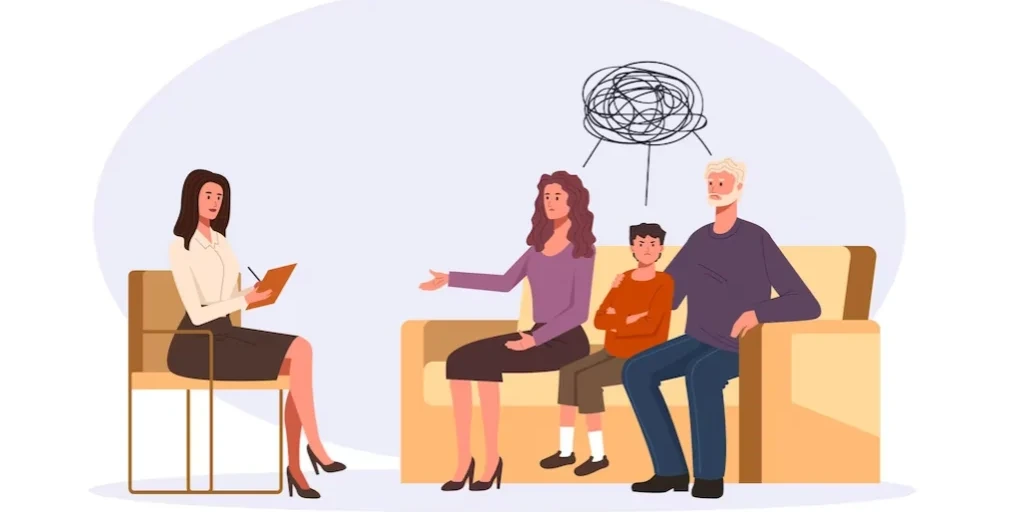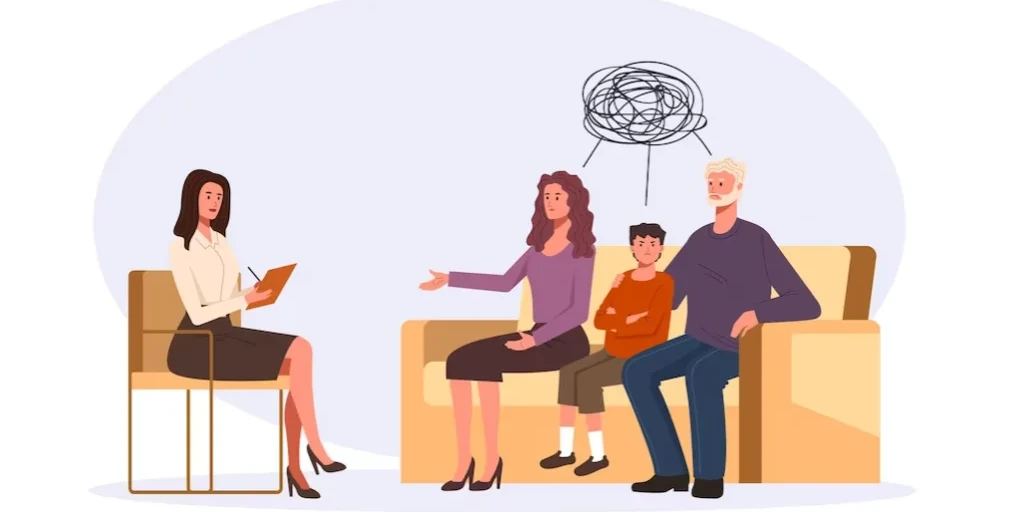24/7 Helpline:
(866) 899-111424/7 Helpline:
(866) 899-1114
Other Insurance Options

Meritain

Magellan Health

Humana

Sutter

Regence

Coventry Health Care

BlueCross

AllWell

American Behavioral

ComPsych

Amerigroup

BlueShield

Kaiser Permanente

Providence

Group Health Incorporated

Evernorth

Magellan

Ambetter

Access to Recovery (ATR) Voucher

Anthem

ASAC – Area Substance Abuse Council
ASAC–Area Substance Abuse Council, located in Anamosa, Iowa, provides comprehensive mental and behav...




Fairview Counseling at Wyoming
Fairview Counseling at Wyoming is a private rehab located in Wyoming, MN. Fairview Counseling at Wyo...






































Hope Network Grand Rapids Center and Administration
Hope Network Grand Rapids Center and Administration is a private rehab located in Wyoming, Michigan....

CONCERN – Wyoming
CONCERN Professional Services - 1120-C Hobart Avenue is a non-profit rehab located in Wyoming, PA. C...

Developing Apex
Developing Apex is a private rehab located in Wyoming, Pennsylvania. Developing Apex specializes in ...

The Providence Center – Women’s Road to Recovery
The Providence Center - Women's Road to Recovery is located in Wyoming, RI. The Providence Center - ...

































































